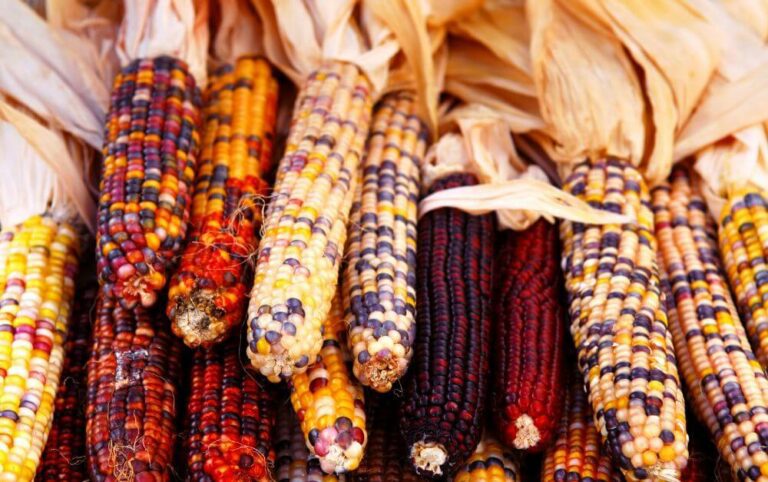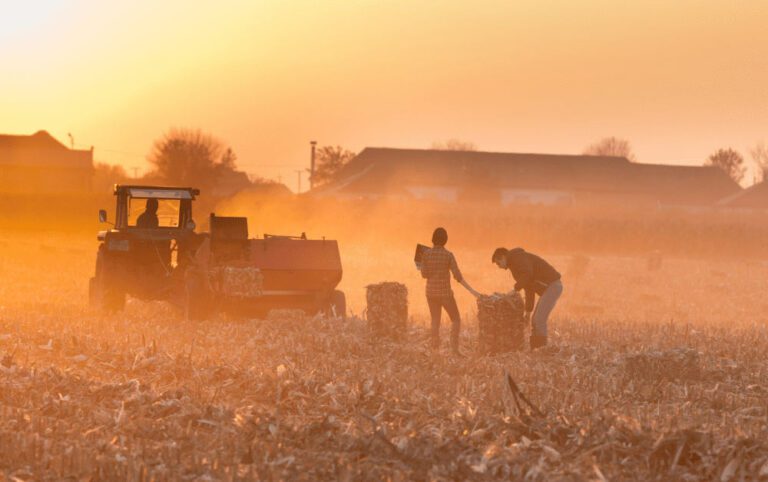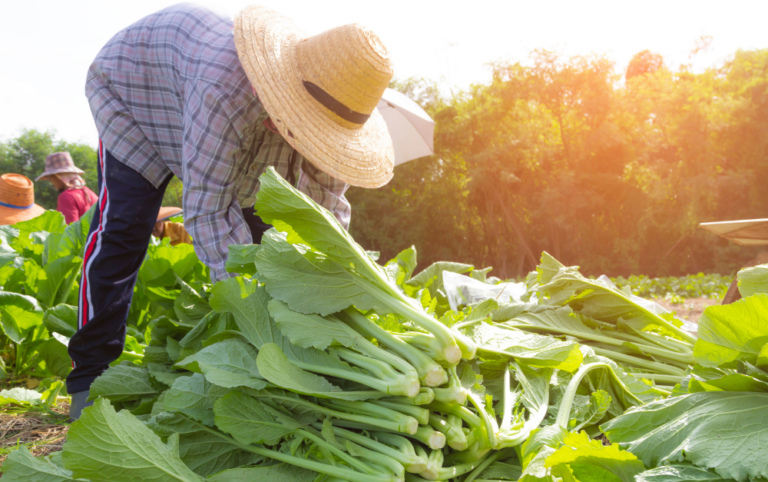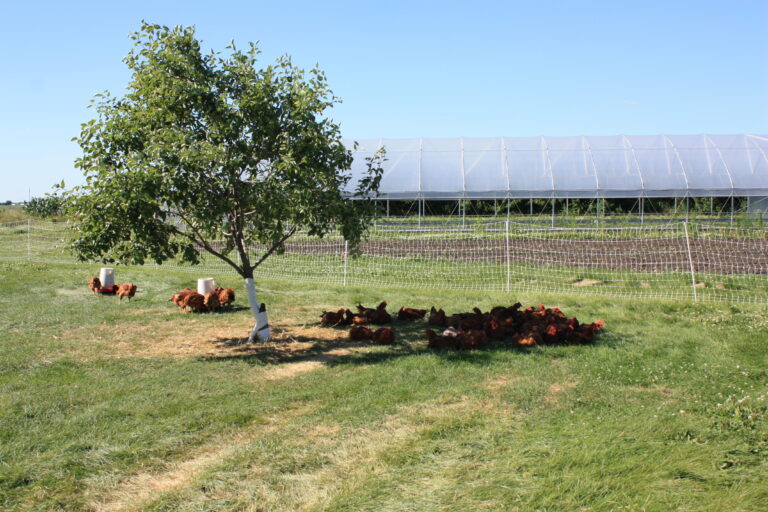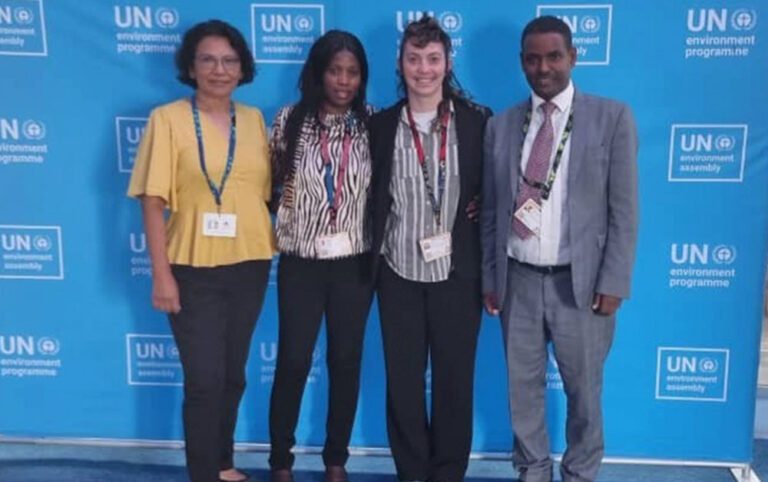On April 1, 2024, Mexico was set to follow through with its 2020 commitment to ban the toxic herbicide glyphosate (the active ingredient in Bayer’s Roundup in the USA and Faena in Mexico) by 2024. When the plan to phase out glyphosate and genetically engineered (GE) corn was originally laid out, Mexico’s government cited the purpose of the new policies as “contributing to food sovereignty and security” and the health of the Mexican people, as well as protecting native corn from contamination by GE pollen. Glyphosate is a pervasive herbicide frequently used on corn and other commodity crops, and genetically engineered corn is often modified to—among other things—be resistant to glyphosate.

News & Analysis
About every five years, the U.S. Congress passes the biggest set of food and farming policies that define the majority of federal farm, food, nutrition, and rural economic programs. At a cost of about $440 billion over five years, these programs influence: What is grown; who grows it; how it is grown or produced; what is done with those products and where they are sold; who can access and afford those goods; and how we invest in rural communities.
By supporting good legislation, opposing bad legislation, and building up a network of supporting organizations, it is our hope that we can collectively move the needle on farmworker rights in the right direction.
Watch and listen as two experienced farmers share stories and practical approaches for small-scale, diversified farms that use the principles of agroecology. This discussion may provide you with ideas that small farms where you live can adapt and thrive.
After many long days of negotiations, the U.N. Environment Programme (UNEP) made a historic move for safer food and farming by passing a resolution on highly hazardous pesticides (HHPs) that calls for action to globally phase out the use of the world’s most toxic pesticides by 2035. Tied with this resolution was the passing of a mandate for UNEP to implement this commitment by forming the Global Alliance on HHPs.
PFAS are persistent and have the potential to affect human health for many years. Some pesticides have PFAS in their formulations and others leach PFAS from their containers.
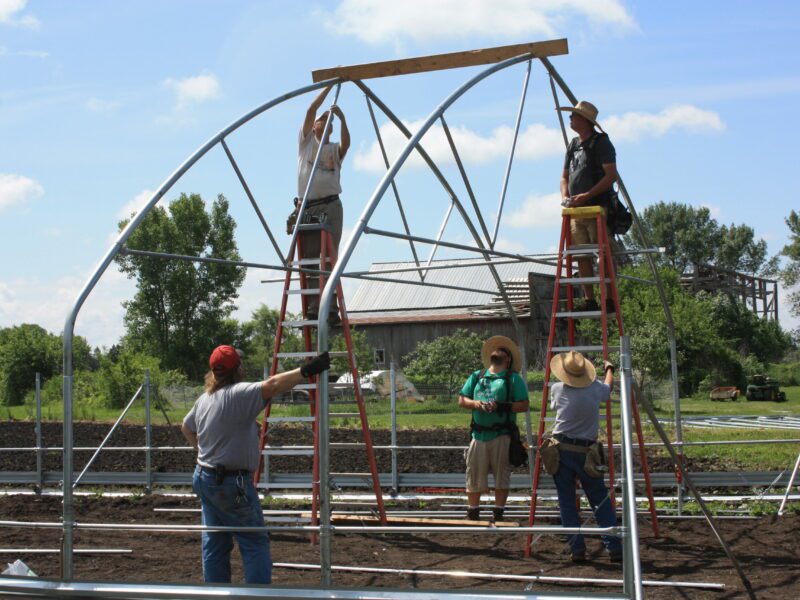
My vote is bigger than I am
November 3, 2020
I am part of a larger community of growers who deserve to be fairly and accurately represented by our elected officials. This is one of the most important reasons why I vote.

Lawsuit Challenges EPA Reapproval of Endocrine-Disrupting Pesticide Atrazine
November 2, 2020
For Immediate Release: October 30, 2020 Agency Slashes Protections for Children, Waterways WASHINGTON, D.C.—Public-interest groups sued the U.S. Environmental Protection Agency (EPA) today over its decision to reapprove atrazine, an endocrine-disrupting herbicide banned across much of the world. Atrazine castrates frogs, impairs fish reproduction, and

Time to vote! And then…
October 29, 2020
More than 70 million people have already voted in this hugely consequential election, breaking early voting records across the country.

Voting together, healing together
October 29, 2020
This interview is with Iowa Farmers Union Membership and Fundraising Director Deborah Bunka. In this blog, we chat with Deborah about the significance of the 2020 elections to Iowa Farmers Union members.
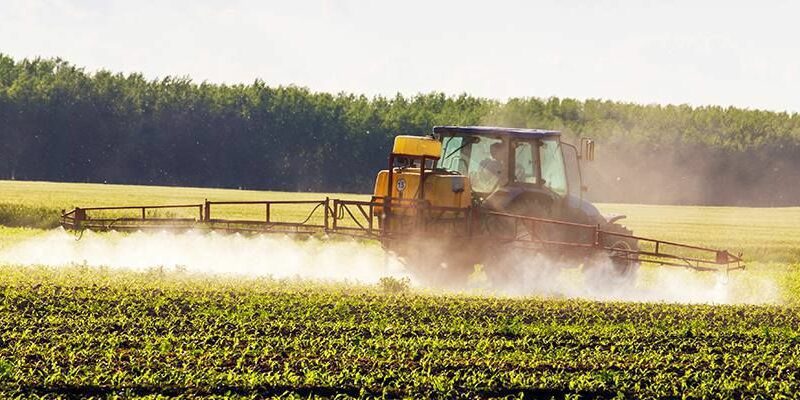
EPA Administrator Wheeler announces re-registration of drift-prone dicamba
October 27, 2020
Environmental Protection Agency Administrator Andrew Wheeler announced today that EPA is re-approving the conditional registration of dicamba products for over-the-top applications on soybeans and cotton for the next five years, despite a 2020 9th Circuit US Court of Appeals ruling against this registration. The circuit



